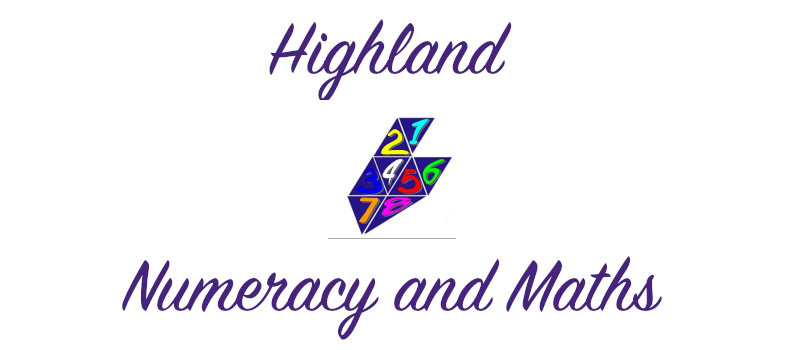1.2 Quick recap from Part 1
What are the diagnostic assessments and why use them?
- A series of assessments designed to explore the strengths, gaps and misconceptions of pupils.
- They are delivered 1:1 with pupils (see the 'Electronic Assessments' section for exceptions to this related to the knowledge assessments).
- They help to inform our planning and teaching.
The difference between Knowledge and Strategy:
- Strategy relates to how we solve a problem that we need to calculate (the solution is not known instantly).
- Knowledge relates to the information we just know and don't need to think about/calculate.
- There is a relationship between these two areas whereby problems that initially involved a strategy to solve them, in time become known facts. These new facts then feed into new strategies allowing us to solve more complex problems more efficiently.
Who should carry out the assessments?
- The person who knows the pupil best/works with them most often. In most cases this is the class teacher.
When should I carry out the assessments?
- There are several options for this (see Part 1 for more detail).
- Option 1: At the start of the academic year and again mid-way through the year to allow enough time to act on the information.
- Option 2: Before starting a unit of work on a particular area and again before revisiting that area at a later date.
- Be aware of the difference between performance and learning... if you assess immediately after teaching a specific area you may be seeing short term performance gains but not necessarily long term learning.
